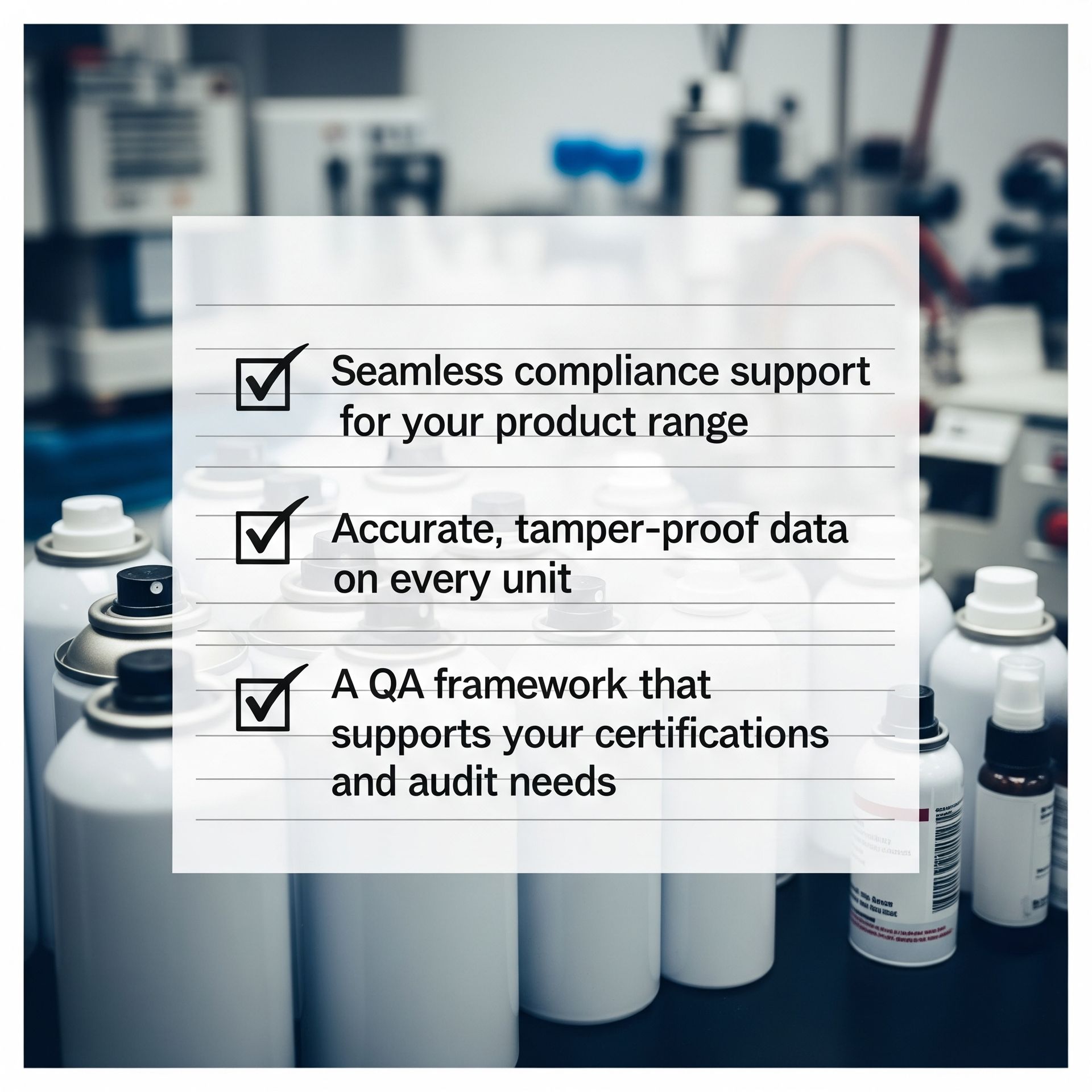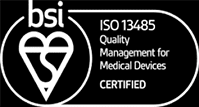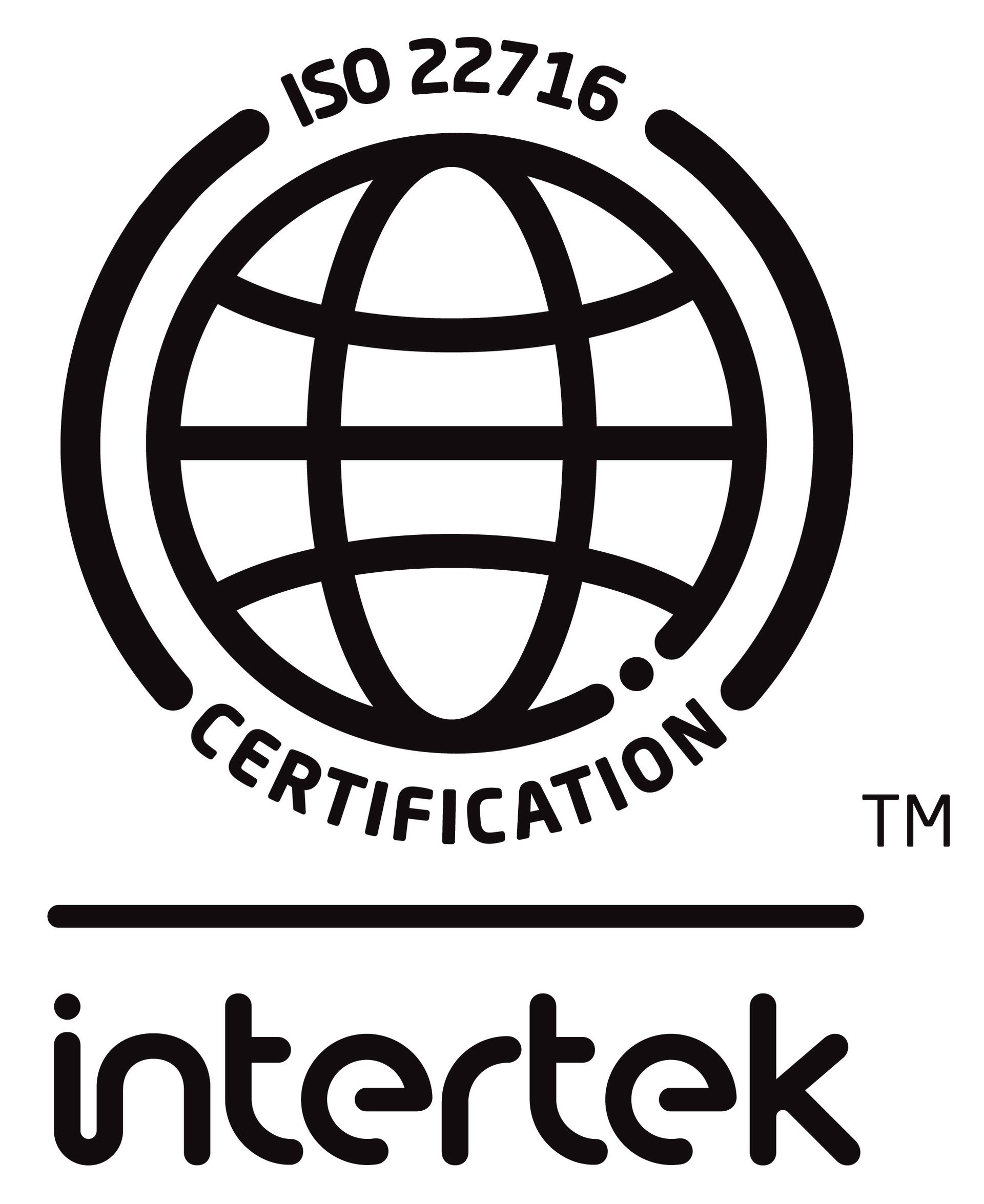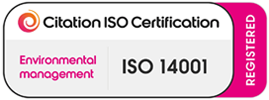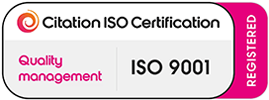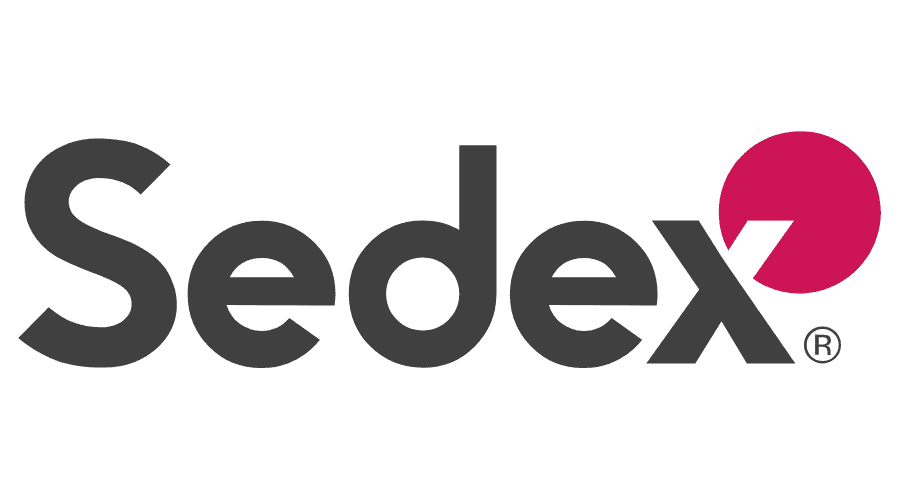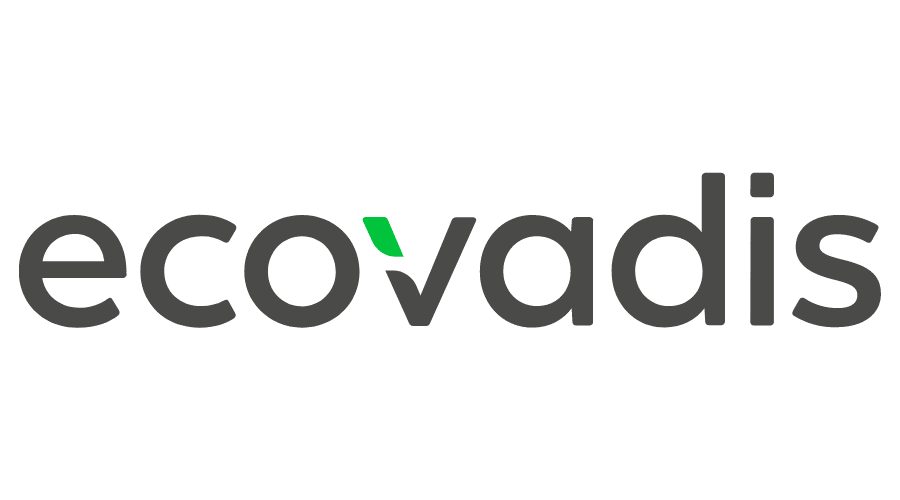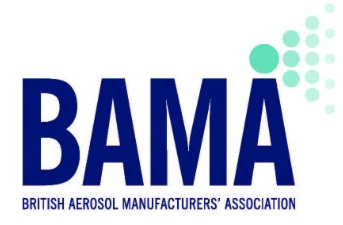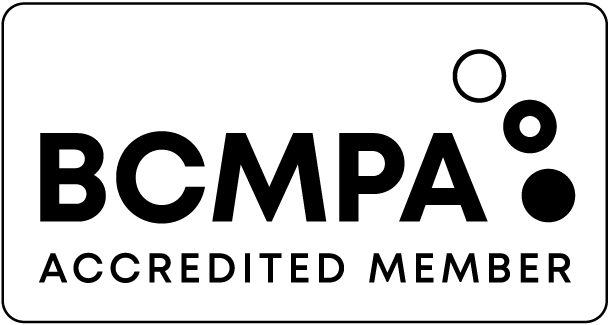The Technology Behind the Trust
Behind every Hydrokem aerosol—especially in the medical and private-label pharma sectors—is a tightly controlled process built on trust, precision and compliance. From rigorous ISO-accredited systems to laser coding with 2D traceability, our approach is engineered to meet the strictest industry standards. Here’s a closer look at the unseen systems working behind the scenes to protect your brand and your customers.
ISO Accreditations: Why They Matter
We’re proud to operate under a suite of ISO certifications, including ISO 9001 (Quality Management Systems) and ISO 22716 (Good Manufacturing Practices for Cosmetics). These frameworks aren’t just badges—they are active systems we use every day to maintain product quality, consistency and safety.
Our accreditations ensure:
- Consistent manufacturing processes with controlled documentation.
- Proactive risk management across all departments.
- Full traceability and auditing capacity for every batch.
- Assurance for retailers, regulators and end-users alike.
Every ISO audit we pass is a reaffirmation of our commitment to continual improvement, rigorous QA, and regulatory excellence.
Laser Coding: Precision in Every Can
Laser coding technology allows us to permanently mark cans with high-resolution data—eliminating the risks associated with ink smudging, fading, or tampering.
We’ve invested in high-spec fibre laser coders to apply:
- Unique 2D barcodes
- Batch numbers
- Expiry dates
- Product and compliance data
This is especially important in the medical aerosol space, where even minor coding errors can mean the difference between product compliance and a recall. Our laser system offers unmatched clarity, permanence, and integration with QA systems.
2D Traceability: Full Visibility Across the Lifecycle
Our 2D barcode system enables full traceability—from fill line to final sale. Every can we produce is uniquely coded and logged in our database, enabling real-time tracking and recall capability.
Benefits of 2D traceability include:
- Rapid response in the event of a product concern.
- Enhanced transparency for audits and certifications.
- A future-proofed foundation for UDI (Unique Device Identification) and medical directives.
2D coding isn’t just a technical upgrade—it’s a strategic commitment to traceability, safety, and customer assurance.
Regulatory Compliance: Meeting and Exceeding Standards
Hydrokem products destined for the medical, cosmetic, or private-label markets face intense regulatory scrutiny. Our systems are built to not just meet—but exceed—these obligations.
We align our process with:
- UK & EU medical device regulations.
- Cosmetic Regulation (EC) No 1223/2009.
- MHRA, REACH, CLP and global supply chain demands.
From batch tracking to shelf-life control and secure coding, we ensure every aerosol meets the demands of your regulators, retailers and reputation.
What This Means for You
For our private-label clients and pharmaceutical partners, this behind-the-scenes tech provides real-world assurance. You can depend on:
- Seamless compliance support for your product range.
- Accurate, tamper-proof data on every unit.
- A QA framework that supports your certifications and audit needs.
We’re not just manufacturing—we’re protecting your brand integrity.
Ready to Learn More?
Whether you're looking to launch a new medical aerosol product or strengthen your private-label range, Hydrokem’s QA and coding systems are built to support your goals from the inside out. Get in touch to book a technical tour or discuss your traceability requirements.
FAQs about Hydrokem - Behind the Scenes
What are ISO accreditations and why are they important for aerosol manufacturing?
ISO accreditations are globally recognised certifications that confirm a manufacturer’s commitment to established quality and safety standards. In the aerosol manufacturing sector, particularly for products used in medical, pharmaceutical or cosmetic applications, ISO accreditations provide third-party assurance that all processes are carried out consistently, safely and under documented controls.
At Hydrokem, we hold ISO 9001 and ISO 22716, which demonstrate our commitment to quality management and Good Manufacturing Practice (GMP). These certifications guide everything from how we source raw materials and maintain our facilities to how we manage documentation, staff training and customer communication.
This not only helps ensure that products are safe and fit for purpose, but also reduces the risk of manufacturing errors or product recalls. For private-label clients, this adds significant value, as it demonstrates due diligence and quality assurance throughout the supply chain. Many major retailers and regulators will only work with ISO-accredited suppliers—making these certifications a core business enabler.
In short, ISO systems aren't just paperwork—they are the operational backbone of how we maintain consistency, efficiency, and compliance in every can we fill.
How does laser coding improve traceability and product security?
Laser coding enhances traceability and security by providing precise, indelible markings on every product unit. Unlike inkjet printing, which can fade, smudge, or be deliberately altered, laser coding is permanent and tamper-proof. This is particularly valuable in sectors such as pharmaceuticals and medical devices, where regulatory compliance and traceability are essential.
At Hydrokem, we use advanced fibre laser technology to imprint unique identifiers onto each aerosol can. These markings include 2D barcodes, batch numbers, expiry dates, and other regulatory information. The benefits of laser coding extend far beyond visual clarity. For example, it allows each unit to be individually tracked throughout the supply chain, offering real-time data on its production, storage, and distribution.
Moreover, laser coding supports automated quality checks and data integration with warehouse or logistics systems. In case of a recall, we can pinpoint affected batches instantly, reducing downtime and reputational risk. The permanence and accuracy of laser coding also act as a deterrent to counterfeiting, providing peace of mind for clients and end-users alike. In short, it's a critical component of modern QA and traceability frameworks.
What is 2D traceability and how is it different from standard barcoding?
2D traceability refers to the use of two-dimensional barcodes—such as DataMatrix or QR codes—to encode extensive product data in a compact, scannable format. Unlike standard linear barcodes that hold limited information (usually just a product ID or SKU), 2D codes can store significantly more, including batch numbers, manufacturing dates, expiry details, and even compliance data.
This capability is especially important in regulated industries like pharmaceuticals, cosmetics, and medical devices, where full product traceability is often required by law. At Hydrokem, every aerosol can is marked with a unique 2D code using high-precision laser coding technology. This code is then logged in our internal systems, allowing us to track the product through every stage of its journey—from raw material intake and manufacturing to warehousing and delivery.
2D traceability enables fast, reliable recall management, supports regulatory audits, and enhances supply chain transparency. It also opens the door to integration with global standards like UDI (Unique Device Identification), allowing seamless compliance with FDA, EU MDR, and other frameworks. In effect, 2D traceability turns each product into a smart data point, enhancing both safety and operational efficiency.
How does Hydrokem ensure compliance with medical and cosmetic aerosol regulations?
Hydrokem ensures compliance with medical and cosmetic aerosol regulations through a multi-layered quality assurance system built on international standards and continuous monitoring. Our manufacturing processes are structured around ISO 9001 and ISO 22716 principles, which enforce detailed controls on raw material handling, batch processing, equipment maintenance, and personnel training.
For cosmetic products, we fully comply with the EU Cosmetic Regulation (EC) 1223/2009, which mandates strict safety assessments, ingredient controls, labelling standards, and post-market surveillance. On the medical side, we align with the UK Medical Devices Regulations (UK MDR) and European MDR frameworks, ensuring that our aerosol systems meet the demands for classification, UDI labelling, and traceability.
Our dedicated compliance team tracks evolving legislative changes across different markets and integrates them into our operational protocols. We also maintain thorough documentation and quality records, making us fully audit-ready at any time. Batch traceability, expiry management, and robust testing further ensure that each unit leaving our facility meets or exceeds the standards required.
This comprehensive system means clients can confidently introduce Hydrokem-manufactured products into highly regulated markets, knowing they are supported by a foundation of proven regulatory excellence.
Can your traceability systems support Unique Device Identification (UDI) requirements?
Yes, Hydrokem’s traceability systems are fully compatible with global Unique Device Identification (UDI) frameworks. UDI is a regulatory requirement for medical devices in markets such as the United States (FDA) and the European Union (EU MDR), where each device must carry a distinct code that enables full lifecycle traceability.
Our production and QA infrastructure integrates 2D barcode technology, high-resolution laser coding, and real-time data logging—all of which are critical for implementing UDI systems. Each aerosol product can be assigned a Device Identifier (DI) and Production Identifier (PI), including batch number, expiry date, and manufacturing site details. These identifiers are coded directly onto the can using tamper-proof laser marking.
Additionally, we can assist clients with data formatting and registration to ensure alignment with regulatory databases such as GUDID (FDA) and EUDAMED (EU). Our systems are designed to seamlessly capture, store, and retrieve UDI data across the product’s lifecycle, from production to distribution and even post-market activity.
By choosing Hydrokem, medical device brands gain a manufacturing partner that not only understands UDI compliance but actively supports its implementation with technology, documentation, and audit-ready traceability systems.

